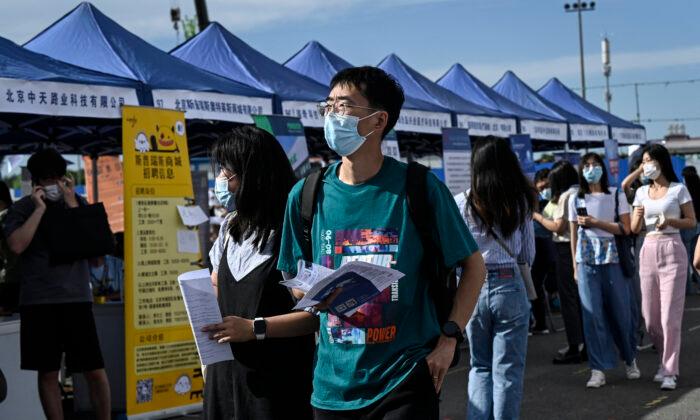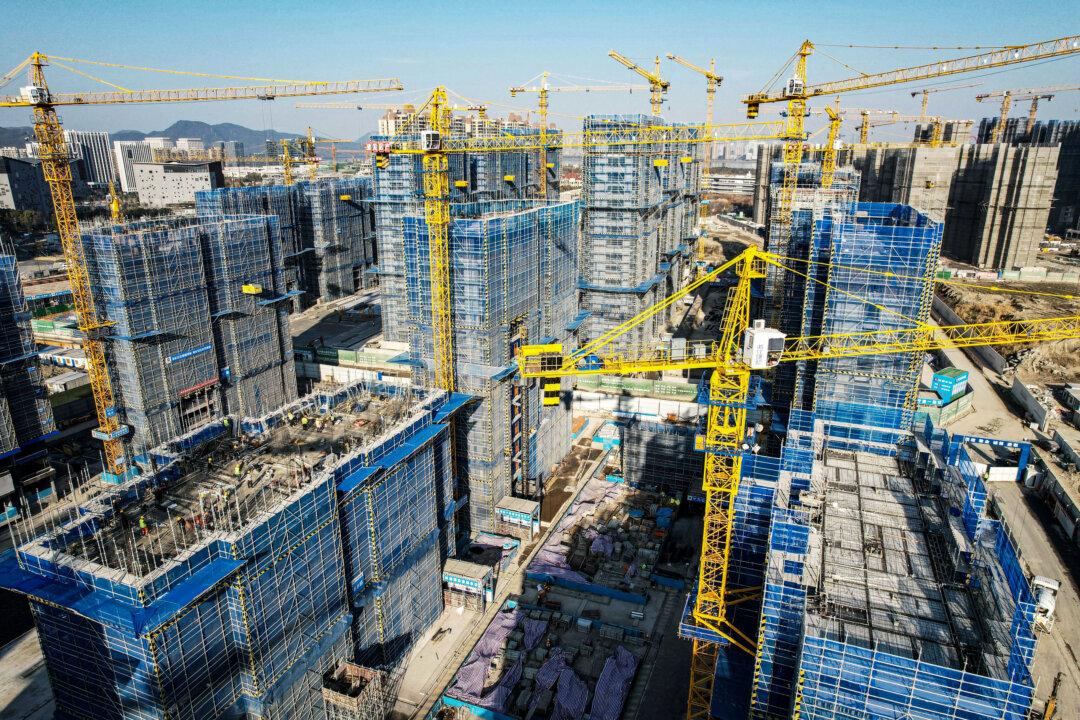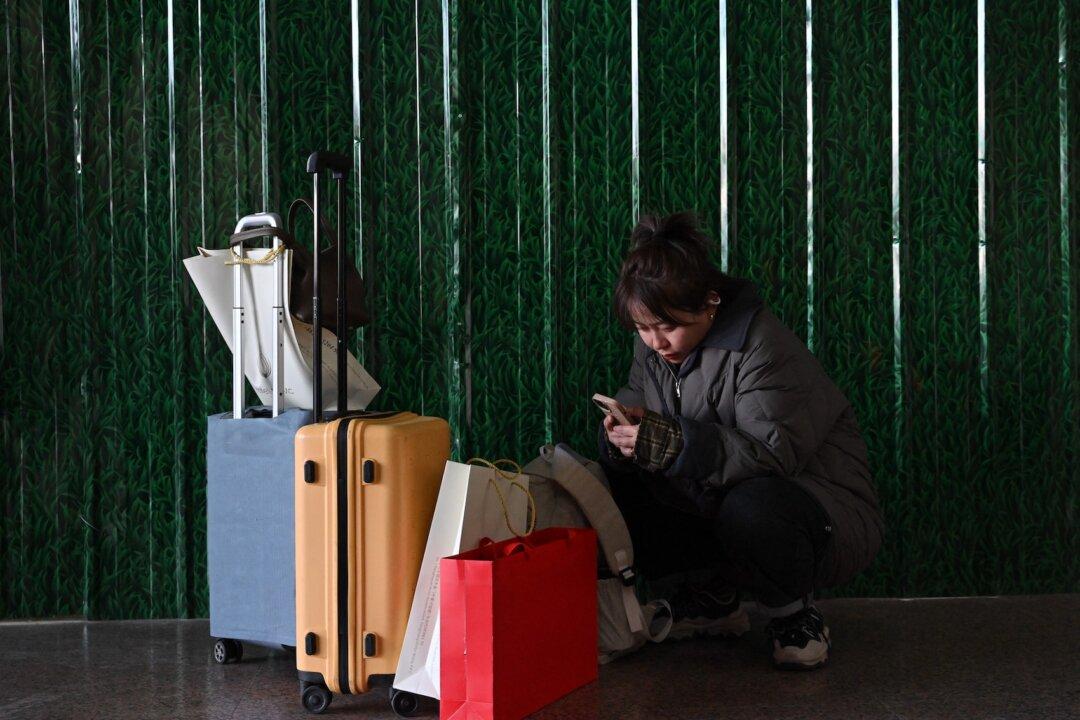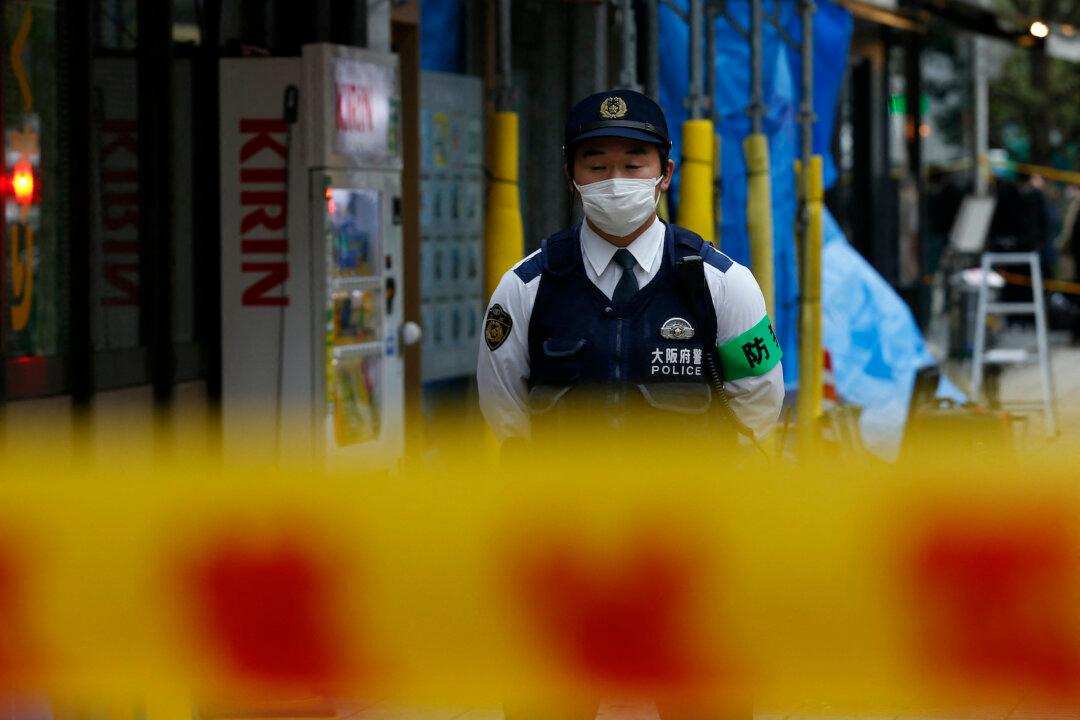Chinese companies have been laying off employees since 2023, aggravating an unemployment crisis among Chinese youth.
One expert believes that while this figure could be far lower than the actual one, it is a dangerous signal.
According to the latest data from China’s National Bureau of Statistics, the urban youth unemployment rate exceeded 20 percent for the first time in April 2023, the highest point since statistics became available in January 2018.
The number of university graduates in China this year is 11.58 million, an increase of 820,000 year-on-year, essentially creating a situation of “unemployment upon graduation.”
Meanwhile, major Chinese companies have joined the wave of layoffs, making the job market even tougher.
Technology Giants Start Lay Offs
Since 2023, China’s online technology giants, including ByteDance, Tencent, and Jingdong have been laying off employees. There has also been news of layoffs from Bilibili, Xiaomi, and Zhihu.According to employee data disclosed in Alibaba’s latest financial results, the company had 235,216 employees as of March 31, compared with 239,740 as of Dec. 31, 2022. The number of employees decreased by 4,524 in the first quarter of this year.
In 2022, Alibaba’s workforce decreased by 4,375 in the first quarter, 9,241 in the second quarter, 1,797 in the third quarter, and 4,163 in the fourth quarter. Combined with the 4,524 people laid off in the first quarter of 2023, Alibaba has reduced its headcount by 24,100 over five quarters.

The companies’ layoffs directly hurt two major groups: laid-off employees and fresh graduates.
For example, in a recent incident of the termination of graduates from CALB Group Co., Ltd., a large group of students who got an offer of employment from CALB in last fall’s school recruitment and signed a three-party agreement, were suddenly let go on May 24, and soon received a termination notice. The reason for the termination was a change of position. The terminated students were asked to provide their bank cards and account numbers and were paid 3,000 yuan (about $421) in advance as compensation for breach of contract.
Companies Can’t Afford to Hire: Private Enterprise Owner
The company can’t afford to pay for the social security benefits for its employees, Xiao Ming (a pseudonym), the owner of a private enterprise in Zhengzhou city, Henan Province, told The Epoch Times on May 30.“Companies are afraid to recruit people now because they can’t afford it. Companies can’t afford social security and provident funds for employees. They are all in a state of maintenance, so they doesn’t dare to recruit regular employees,” Xiao said.
“Upon seeing the situation this year, many companies that had planned to go to schools to recruit became afraid to do so. Many companies that had already recruited have also canceled their contracts, and these students are being laid off before they even get to work.”

Xiao believes that this year will be the beginning of a big wave of layoffs.
China on the Eve of Social Unrest: Analyst
The layoffs of large corporations are a prominent manifestation of the global economic downturn, but for Western countries, unemployment is not the same as losing a source of livelihood, Frank Tian Xie, a professor of business at University of South Carolina Aiken and Epoch Times contributor, told The Epoch Times on June 2.“Take the United States as an example, everyone in the United States has unemployment insurance,” Xie said. “With less than 5 percent of the U.S. population working in agriculture, farmers basically do not have unemployment problems.”
“The urban non-agricultural population, as long as they have worked for a period of time, can receive unemployment insurance once they are unemployed, ranging from a few months, six months, to a year. Especially during COVID-19, there were people who claimed their unemployment insurance for six months to a year. There was not a lot of money for unemployment benefits, but there was enough to live on and not go hungry.”
He said, “The CCP does not call ‘unemployment’as ‘unemployment.’ It calls it as ‘waiting for employment,’ which is a deceptive name.
“China’s unemployment insurance does not cover the whole population, and the majority of rural workers do not have it … The government does not have enough unemployment insurance to cover people who have lost their jobs in the cities, including rural workers. Once they lose their jobs, they go back to the countryside, which does not need that much labor, so China is in serious trouble right now.”
Xie compared the situation during the Cultural Revolution in the late 1960s and early 1970s with the current situation, which he believes is even more serious.
“China also experienced an economic collapse and increased unemployment during the latter part of the Cultural Revolution, when then CCP leader Mao Zedong called on intellectual youths to go to the countryside and drove them to the countryside,” he said.
“Now [Chinese leader] Xi Jinping is also trying to get young people to go to the countryside, but he doesn’t have the charisma to do so, and the people don’t listen to him, so the CCP can’t use this tactic anymore. The problem is huge. Seventy to eighty percent of university students graduating this year will not be able to find a job.”
“The overall unemployment rate in the United States is now around 3 to 3.5 percent. Almost everyone has a job. The Chinese government admits that the unemployment rate for young people is as high as 20 percent. Although [this figure] is far below the reality, it is a red flag.
“For example, if the unemployment rate of young people in the Middle East or other South American countries exceeds 15 to 20 percent, social unrest will break out. In fact, China is also on the eve of social unrest,” Xie said.




